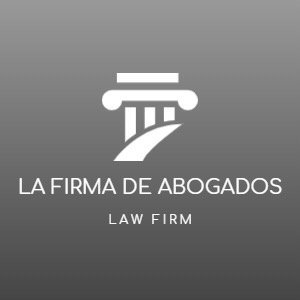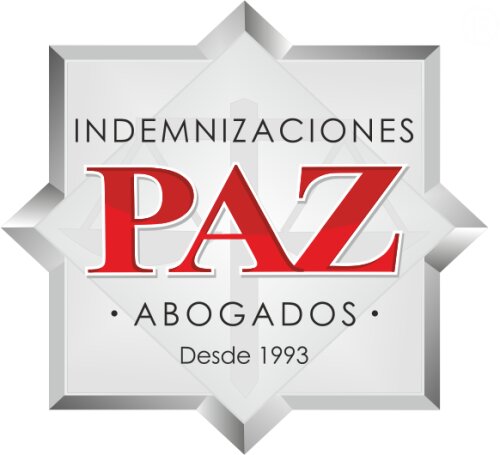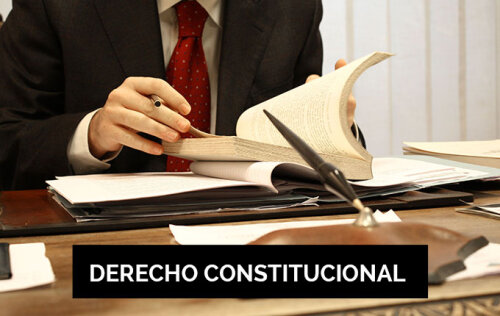Best Energy Regulatory Law Lawyers in Colombia
Share your needs with us, get contacted by law firms.
Free. Takes 2 min.
Or refine your search by selecting a city:
List of the best lawyers in Colombia
About Energy Regulatory Law in Colombia
Energy Regulatory Law in Colombia establishes the legal framework and guidelines that govern the production, distribution, commercialization, and regulation of energy resources such as electricity and natural gas. It plays a critical role in shaping the country’s energy market, ensuring reliability, fair access, competitive pricing, and environmental protection. Entities like the Comisión de Regulación de Energía y Gas (CREG) and the Ministry of Mines and Energy (Ministerio de Minas y Energía) are responsible for creating and enforcing these regulations. The sector is guided by national energy policies, international agreements, and various statutes that promote sustainable development and investment while addressing consumer and environmental concerns.
Why You May Need a Lawyer
There are several situations where consulting an attorney with expertise in Energy Regulatory Law in Colombia can be essential. Businesses and individuals may require legal guidance when launching energy projects, navigating complex licensing and permitting processes, negotiating contracts with energy providers, or facing regulatory compliance challenges. A lawyer can also assist in resolving disputes involving tariffs, environmental standards, or grid access. Legal counsel is especially valuable for foreign investors navigating Colombian energy regulations, companies participating in auctions or tenders, and households or businesses affected by changes in energy policy. In addition, legal advice can help ensure adherence to all applicable laws, thereby reducing the risk of sanctions or operational interruptions.
Local Laws Overview
Colombia’s legal landscape for the energy sector is comprehensive, with several key laws and regulations shaping the industry:
- Law 142 of 1994 - Establishes the regime for public utility services, including electricity and natural gas.
- Law 143 of 1994 - Defines the regulatory framework for the generation, transmission, distribution, and commercialization of electricity.
- Law 697 of 2001 - Encourages the rational use of energy and promotion of alternative sources.
- Law 1715 of 2014 - Promotes the integration of renewable and non-conventional energy sources into the energy market.
- CREG Resolutions - The CREG publishes detailed technical and commercial resolutions that implement and interpret the laws above.
Frequently Asked Questions
What is the main regulatory body for the energy sector in Colombia?
The Comisión de Regulación de Energía y Gas (CREG) is the primary authority regulating electricity and natural gas in Colombia, complemented by the oversight roles of the Ministry of Mines and Energy and the Superintendencia de Servicios Públicos Domiciliarios (Superintendency of Public Utilities).
How are electricity rates calculated and approved?
Electricity rates are determined by regulated formulas established by the CREG, which account for production, transmission, distribution, and supply costs. Rates are periodically reviewed to ensure transparency, fairness, and the sustainability of service provision.
What is the role of Law 1715 of 2014 in renewable energy?
Law 1715 of 2014 encourages the use and integration of renewable and non-conventional energy sources. It offers incentives for investment in clean energy technologies and mandates grid access for renewable energy producers.
Do I need a special permit to produce or sell energy in Colombia?
Yes, you must obtain licenses and permits from relevant authorities such as the Ministry of Mines and Energy and comply with technical, environmental, and market entry requirements set by the CREG and other agencies.
What rights do consumers have in the energy market?
Consumers have the right to reliable service, fair billing, transparent information, the ability to file complaints, and access to dispute resolution mechanisms in accordance with applicable regulations.
Are there incentives for investing in renewable energy?
Yes, Colombian law offers tax benefits, exemptions from certain duties, and accelerated depreciation for investments in renewable energy projects. Applicants must comply with legal and technical requirements to qualify.
How are energy disputes resolved?
Disputes may be resolved through administrative proceedings, negotiation, arbitration, or the judiciary, depending on the parties involved and the nature of the issue. Specialized legal advice is recommended to navigate these processes.
Can foreign companies participate in Colombia’s energy sector?
Yes, foreign entities can invest and operate in Colombia’s energy sector, subject to compliance with local regulations, registration requirements, and adherence to national security and environmental standards.
What happens if a company or household does not comply with energy regulations?
Non-compliance can result in administrative sanctions, fines, service suspension, or even criminal prosecution for severe violations. Legal advice is advised to address any allegations or regulatory enforcement actions.
How can I stay updated on energy regulatory changes?
Following updates from the CREG, Ministry of Mines and Energy, and specialized legal publications is essential. Consulting a lawyer can also provide personalized monitoring and interpretation of regulatory developments.
Additional Resources
If you need further information or support, you can turn to the following organizations:
- Comisión de Regulación de Energía y Gas (CREG) - Regulatory authority issuing resolutions and guidelines for the energy sector.
- Ministerio de Minas y Energía - Ministry responsible for setting national energy policy and granting operating licenses.
- Superintendencia de Servicios Públicos Domiciliarios - Supervises and protects energy consumers’ rights.
- Asociación Colombiana de Generadores de Energía Eléctrica (Acolgen) - Represents generation companies and provides sector updates.
- Centro Nacional de Control de Energía (XM) - Manages the operation of the national power grid and market.
- Colombian Bar Associations - Can help locate specialized attorneys in Energy Regulatory Law.
Next Steps
If you require legal assistance in the field of Energy Regulatory Law in Colombia, consider the following steps:
- Identify the specific issue you face, such as licensing, compliance, investment, or dispute resolution.
- Gather relevant documents and information related to your case, such as contracts, permits, or regulatory correspondence.
- Consult with a qualified lawyer or law firm experienced in Energy Regulatory Law who can provide tailored advice.
- Engage with sector authorities or industry associations for additional guidance if needed.
- Stay informed about policy and regulatory changes that could impact your interests.
Lawzana helps you find the best lawyers and law firms in Colombia through a curated and pre-screened list of qualified legal professionals. Our platform offers rankings and detailed profiles of attorneys and law firms, allowing you to compare based on practice areas, including Energy Regulatory Law, experience, and client feedback.
Each profile includes a description of the firm's areas of practice, client reviews, team members and partners, year of establishment, spoken languages, office locations, contact information, social media presence, and any published articles or resources. Most firms on our platform speak English and are experienced in both local and international legal matters.
Get a quote from top-rated law firms in Colombia — quickly, securely, and without unnecessary hassle.
Disclaimer:
The information provided on this page is for general informational purposes only and does not constitute legal advice. While we strive to ensure the accuracy and relevance of the content, legal information may change over time, and interpretations of the law can vary. You should always consult with a qualified legal professional for advice specific to your situation.
We disclaim all liability for actions taken or not taken based on the content of this page. If you believe any information is incorrect or outdated, please contact us, and we will review and update it where appropriate.
Browse energy regulatory law law firms by city in Colombia
Refine your search by selecting a city.















